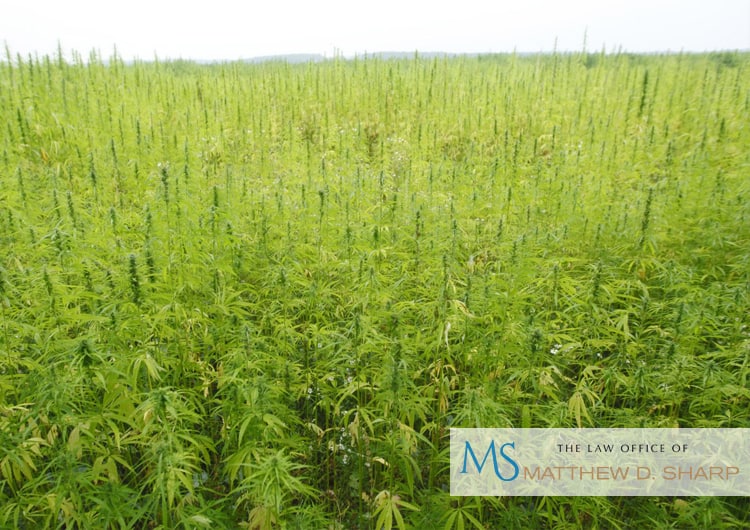A change to the definition of marijuana in Texas will help tell the difference between hemp and marijuana. The Department of Public Safety will soon have testing available for this, but only for felony cases.
Legal hemp or illegal marijuana?
The Texas legislature recently amended the definition of what is considered marijuana (which is illegal) and what isn’t. The original definition of illegal marijuana was any part of cannabis plants. The new definition says that cannabis with less than .3 percent THC is not illegal. Hemp, for example, would fall into this category.
The new definition prompted the Texas Department of Public Safety (DPS) to ask lawmakers for funds to help develop testing of THC levels in cannabis in order to differentiate between marijuana and hemp. According to DPS, millions of dollars in funding would be needed to create a test to distinguish between the two.
Lawmakers agreed to supply the funding, but only for felony cases. Misdemeanor cases, which in Texas include possessing up to 4 ounces of marijuana and selling or delivering as much as 7 grams, will not be tested.
Different county, different charges
As the DPS is working on finalizing its lab test for distinguishing between hemp and marijuana, which they’re only allowed to do for felony cases, the handling of misdemeanor marijuana cases from county to county will likely be different.
For instance, police could arrest you for a small amount of marijuana in one county, but in another county they may have decided not to pursue low-level possession and you won’t be arrested.
It doesn’t seem fair, does it?
Some prosecutors are handling these marijuana offenses differently as well. While some prosecutors are handling misdemeanor cases the same as before the new law, others are no longer taking misdemeanor marijuana cases without a lab report showing it as illegal.
New testing to tell the difference
Where were police and prosecutors previously sending cannabis for testing?
Historically, they’ve had to send it to private labs, which are pretty expensive. Once the DPS makes their testing available, police and prosecutors will be able to use their tests for felony cases only. Those who are still pursuing low-level marijuana cases will have to continue using private labs.
The Texas DPS has been the main narcotics testing facility for a big portion of Texas, especially the rural and medium-sized cities. Their new test to determine THC levels was originally scheduled to be completed by March 31, 2020. The implementation process is then estimated to take around 2 months. Of course, with the ongoing coronavirus crises, it’s unclear if this timeline is still on track.
Right now the DPS has a sizable backlog with their resources also in short supply. They will start with the 845 felony cases waiting to be tested, which could take around 75 days. Next on the list to be tested are the cases currently being held in prosecutors and police.





